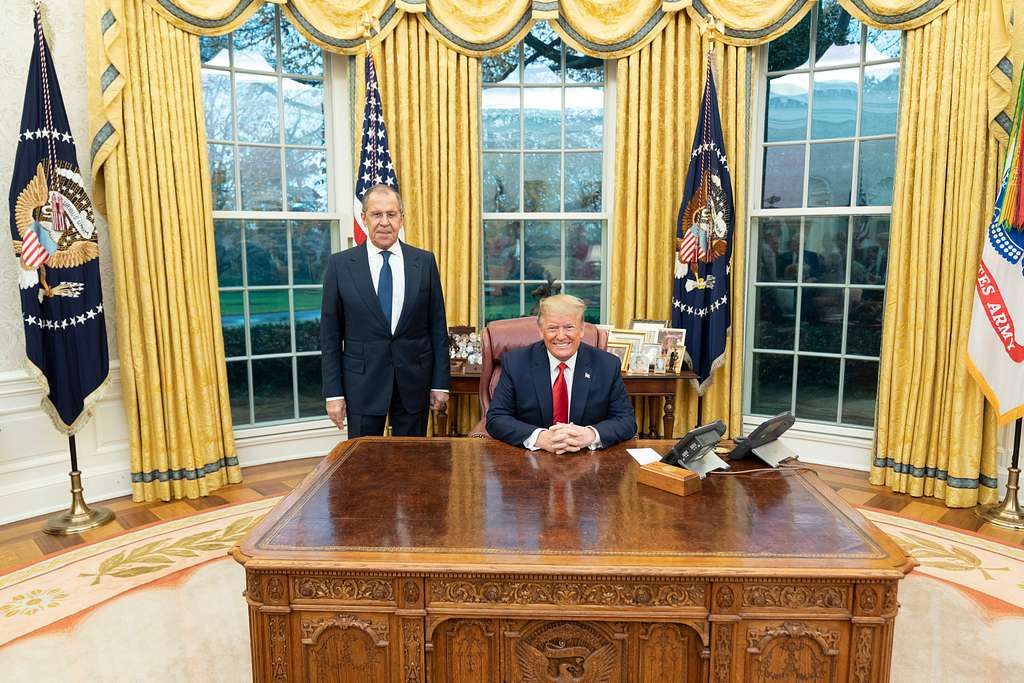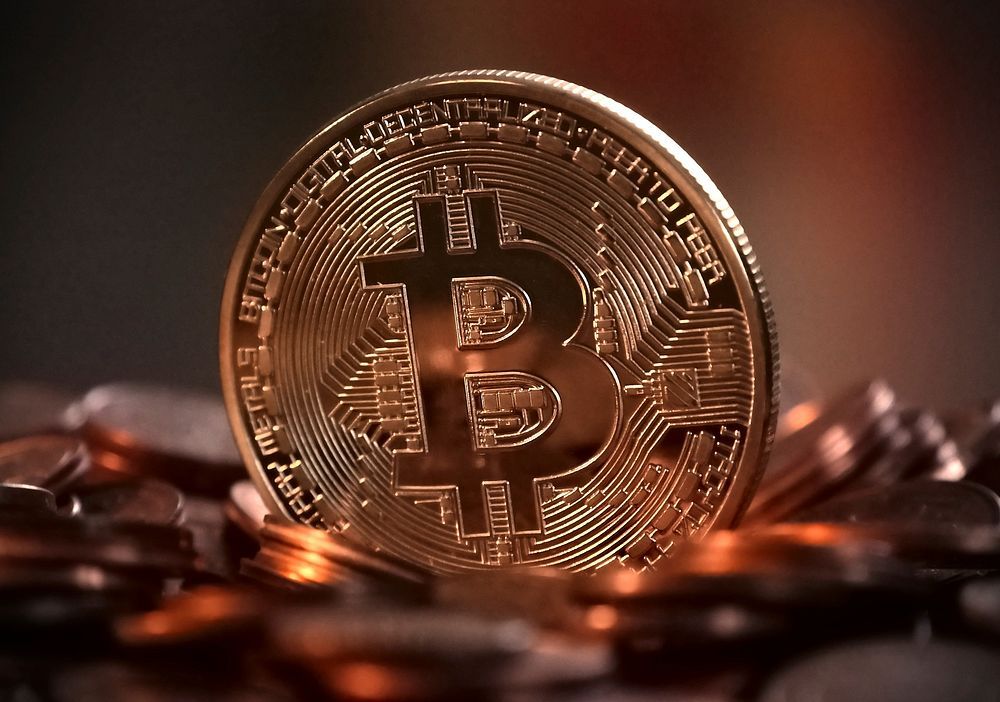WHO Facilitates Major Polio Vaccine Delivery to Gaza During Ceasefire

In a significant humanitarian effort, the World Health Organization (WHO) has successfully delivered 1.2 million doses of the polio vaccine to Gaza, capitalizing on a temporary pause in hostilities. This vital operation, conducted on August 30, 2024, underscores the global commitment to safeguarding the health of vulnerable populations, particularly children, even in conflict zones.
Critical Need for Vaccination Amid Conflict
Gaza, a region that has been grappling with intense conflict, faces immense challenges in maintaining public health infrastructure. The ongoing violence has severely disrupted healthcare services, making it difficult to conduct routine immunizations. The WHO’s timely intervention is crucial in preventing the spread of polio, a highly contagious disease that primarily affects young children and can lead to paralysis or even death if left unchecked.
Coordination with Local Authorities
The WHO’s operation was made possible through close coordination with local health authorities and international partners. The ceasefire, although temporary, provided a critical window to deliver the vaccines safely to health facilities across Gaza. These vaccines are intended to bolster ongoing immunization campaigns that aim to reach every child in the region, ensuring that the population remains protected against polio.
Ensuring Continued Access to Healthcare
In addition to the polio vaccines, the WHO is working to secure further supplies of essential medicines and medical equipment for Gaza. The organization’s efforts are part of a broader strategy to maintain healthcare services in the region, which have been under severe strain due to the ongoing conflict. The WHO is also focusing on supporting local healthcare workers, who continue to provide essential services despite the challenging circumstances.
Global Commitment to Health in Conflict Zones
This delivery of polio vaccines to Gaza is a testament to the international community’s dedication to health equity, even in the most difficult of situations. Dr. Tedros Adhanom Ghebreyesus, WHO Director-General, emphasized that the organization’s commitment to preventing outbreaks of preventable diseases remains steadfast, regardless of the challenges posed by conflict.
“The health and well-being of children cannot be compromised,” Dr. Tedros stated. “We are working tirelessly with our partners to ensure that even in times of conflict, essential health services reach those who need them most.”
The Way Forward
As the situation in Gaza remains fragile, the WHO continues to monitor developments closely, prepared to respond to any further health crises that may arise. The successful delivery of these vaccines is a critical step in protecting the health of Gaza’s children, but sustained efforts will be necessary to ensure long-term health security in the region.
The WHO’s actions in Gaza serve as a reminder of the importance of international cooperation and the need for continued humanitarian access in conflict zones. By prioritizing health and ensuring that lifesaving vaccines reach vulnerable populations, the global community can prevent the resurgence of deadly diseases and safeguard the future of children in conflict-affected areas.







